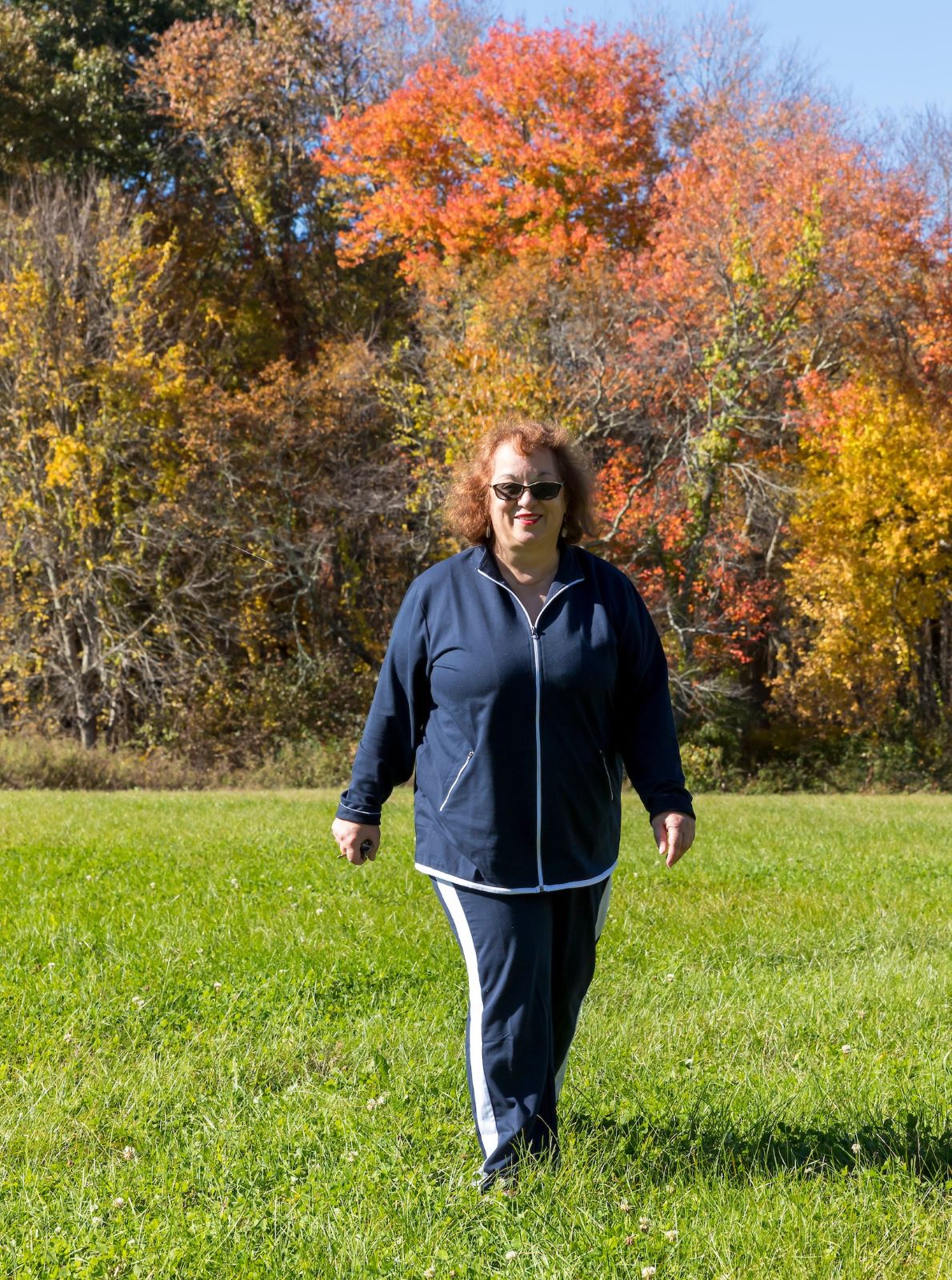<< Back
Questioning Attitude Leads to Diagnosis, Better Solution for Kidney Stones

March 06, 2024
Christine Sarisley is very familiar with healthcare procedures – each day, as part of her job with Hartford HealthCare’s Assessment Center, she ensures patients are medically cleared for scheduled surgeries.
But with her own health, the Colchester resident, who is also a nurse, was less aggressive. When she saw blood in her urine, she and her OB-GYN thought it was a urinary tract infection, so she took antibiotics. It got better, then happened again. Despite more antibiotics, the problem returned.
“We thought it was a bladder infection but it wouldn’t go away. My OB-GYN said ‘Enough!’ and sent me to a urologist,” Sarisley recalls.
The first test, cystoscopy to look into the bladder with a camera, revealed no problem to the specialist, Eric Katz, MD, a urologist from the Tallwood Urology & Kidney Institute, which offers world class urology and kidney care right here in Connecticut. Sarisley worried it might be kidney cancer.
“Then he ordered a mega workup with abdominal scans, bloodwork – everything! He found I had kidney stones,” she says. “It was a huge relief that it wasn’t cancer.”
Using a minimally invasive, endoscopic procedure, called ureteroscopy, to evaluate the inside of the kidney, Dr. Katz “blasted the stones” in early 2023, Sarisley says. That might have been the end of the story, except he remained curious about what caused them to form in the first place.
“He dug deeper and looked at my medical chart over the years, noting my calcium levels had always been on the high side,” Sarisley says.
That discovery prompted more tests to check current calcium and parathyroid hormone (PTH) levels.
“Bingo!” Sarisley says of the discovery she has hyperparathyroidism, a condition causing her body to develop kidney stones.
Concerned the condition could cause more kidney stones, Dr. Katz referred her to Carrie Carsello, MD, an endocrine surgeon at The Hospital of Central Connecticut, who removed the parathyroid gland in July 2023. Lab work in the operating room confirmed the gland removal caused Sarisley’s PTH levels to return to normal.
What stands out to her beyond the wonderful care received along her journey – which continues with regular thyroid medication and medical follow-ups – is the depth to which Dr. Katz researched to find answers and a better long-term solution.
“I didn’t present in a typical manner, but he went above and beyond to get to the root of the problem. He looked at the whole picture, and I am really grateful,” Sarisley says.
These days, she’s feeling more energetic and is exercising more to hopefully lose weight.
“I canceled two trips because I was too exhausted to go. I’m open to having a good time!” she laughs.
> Want more health news? Text StartHere to 85209 to sign up for text alerts